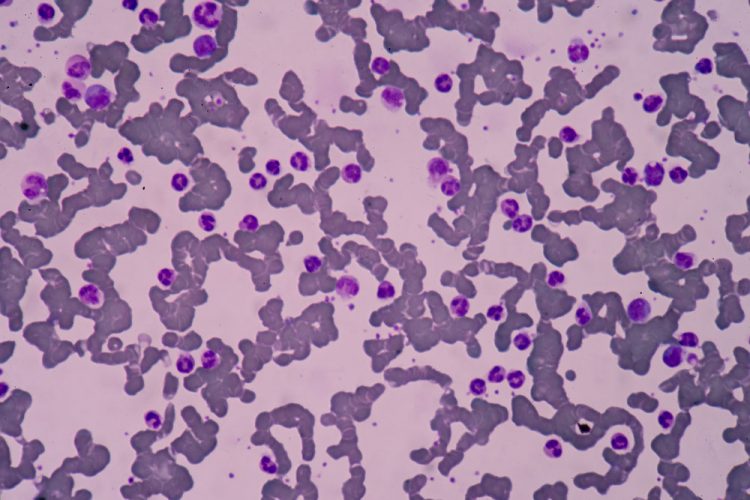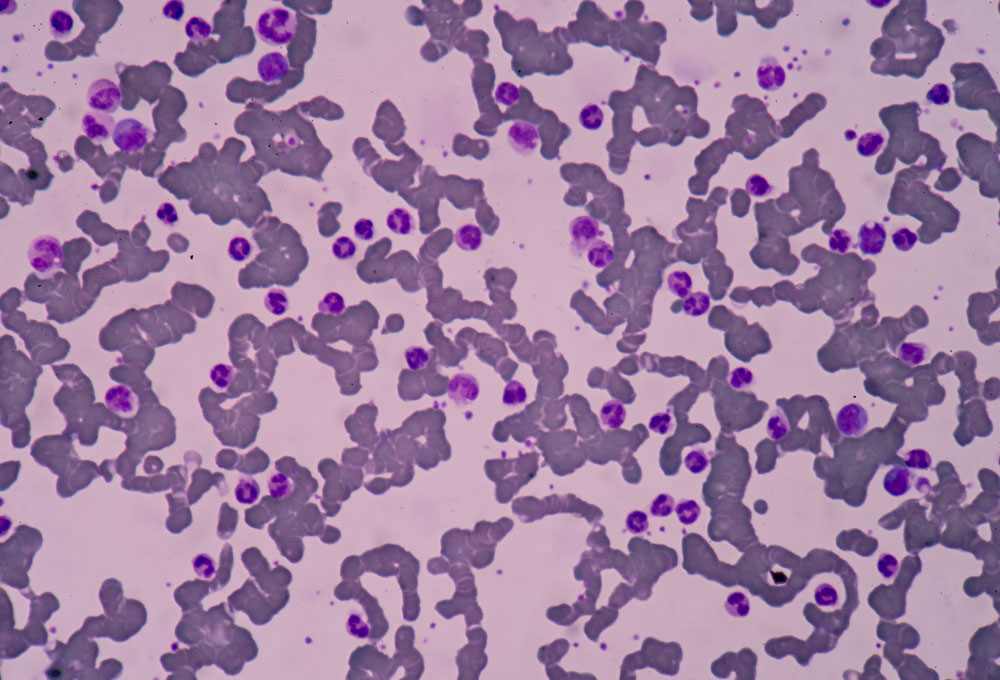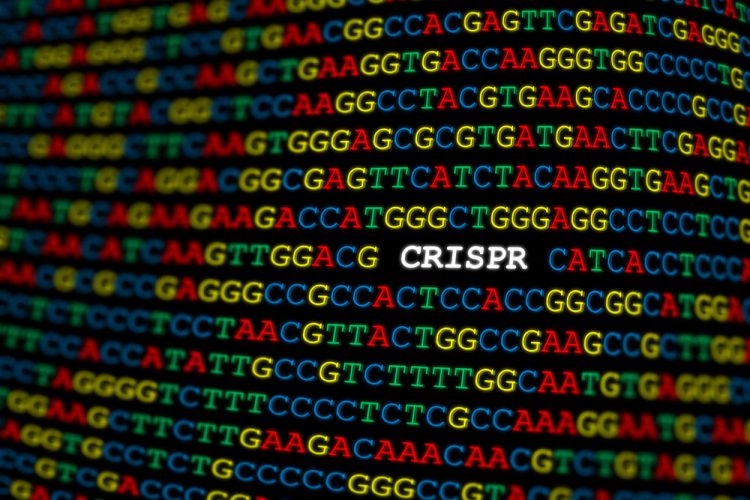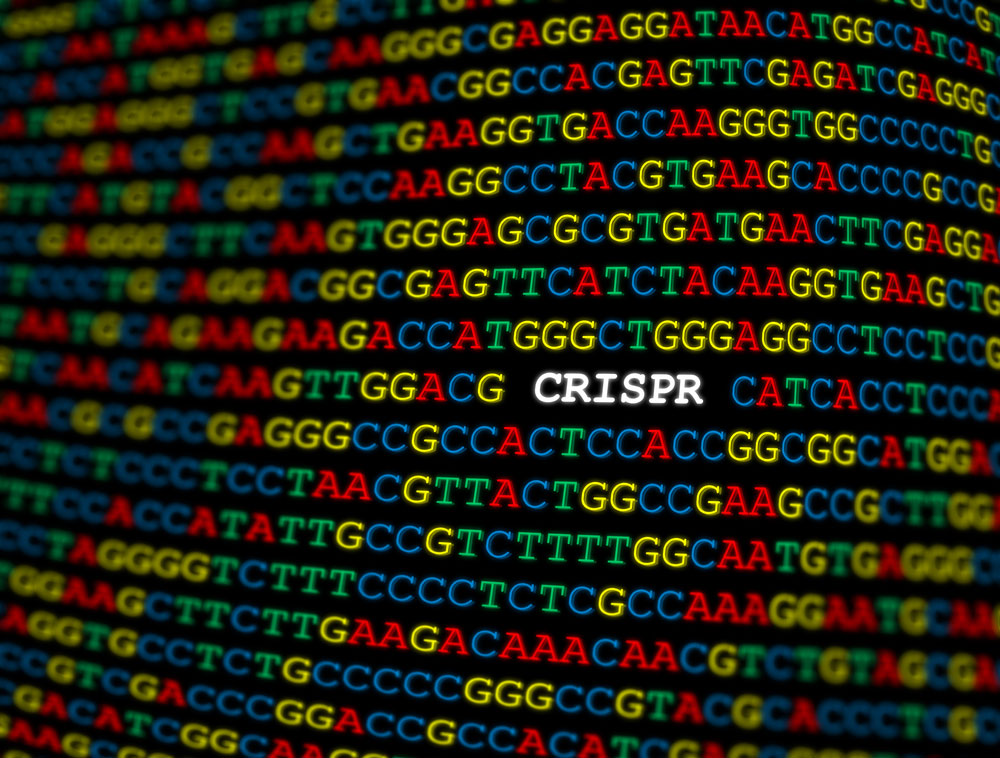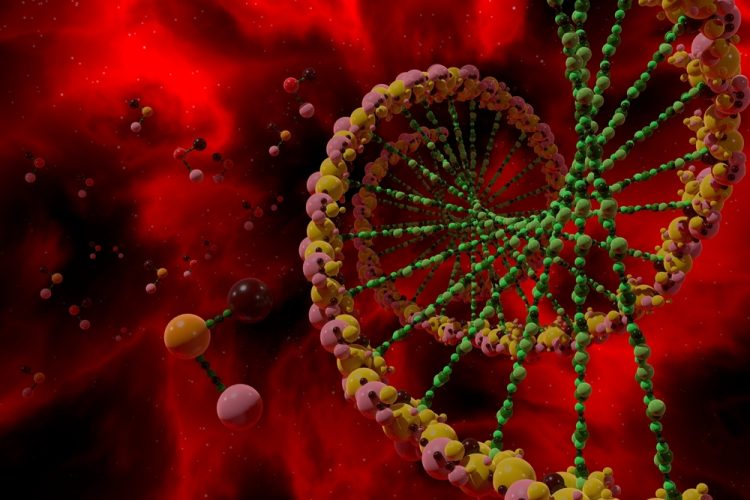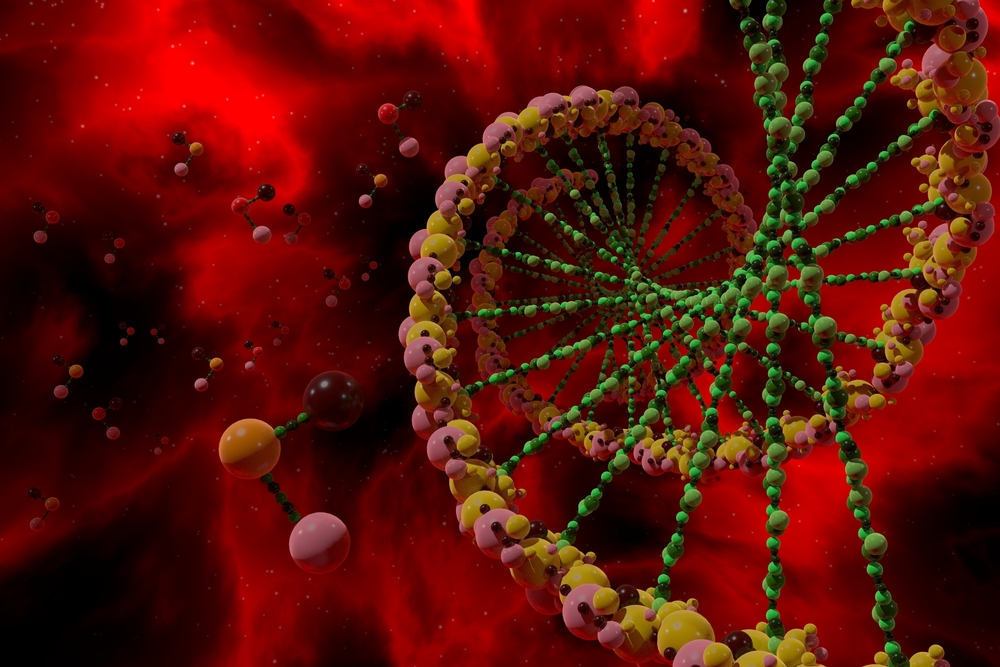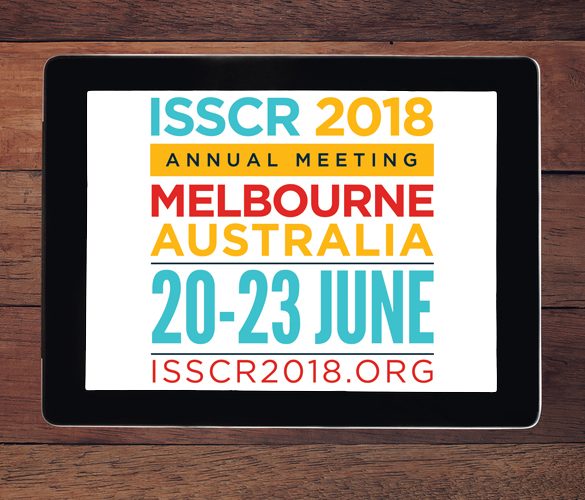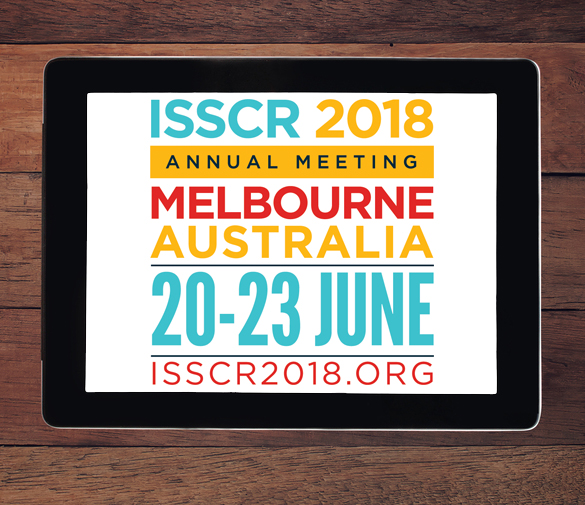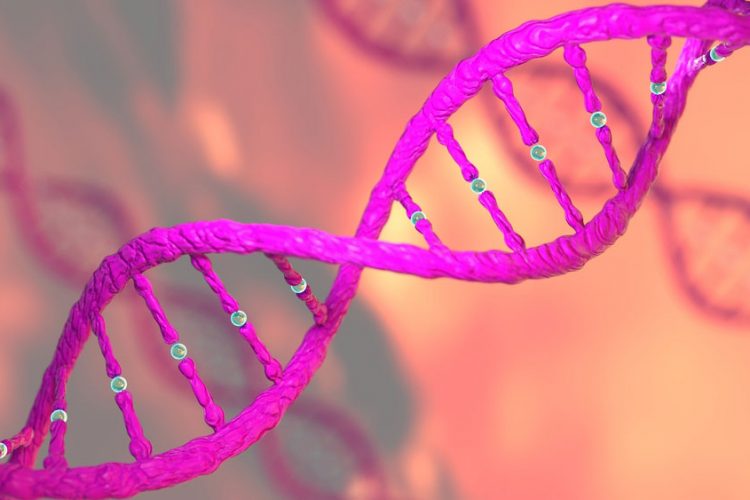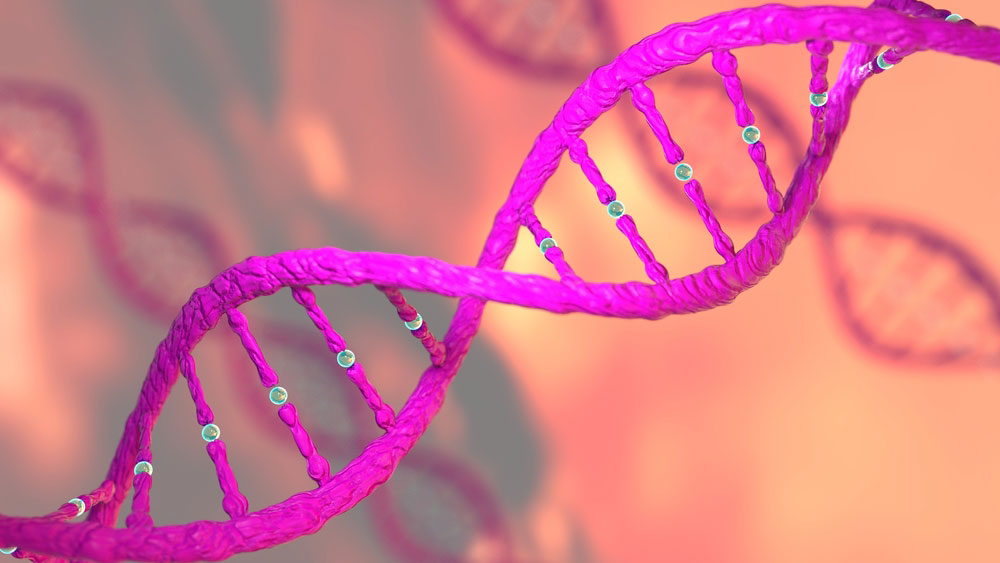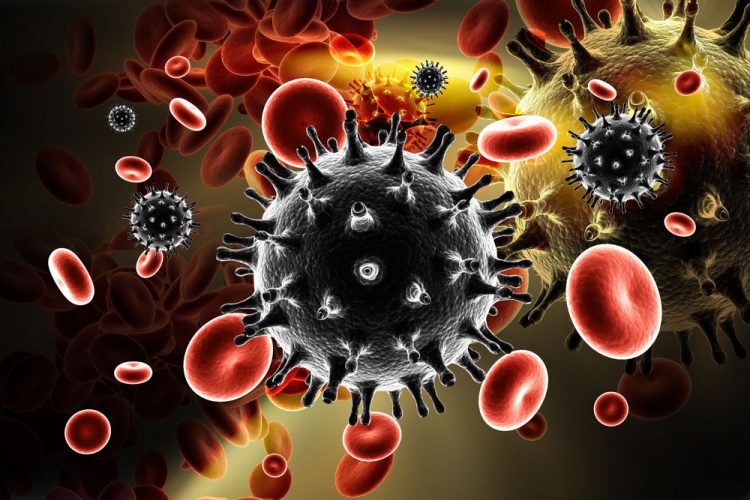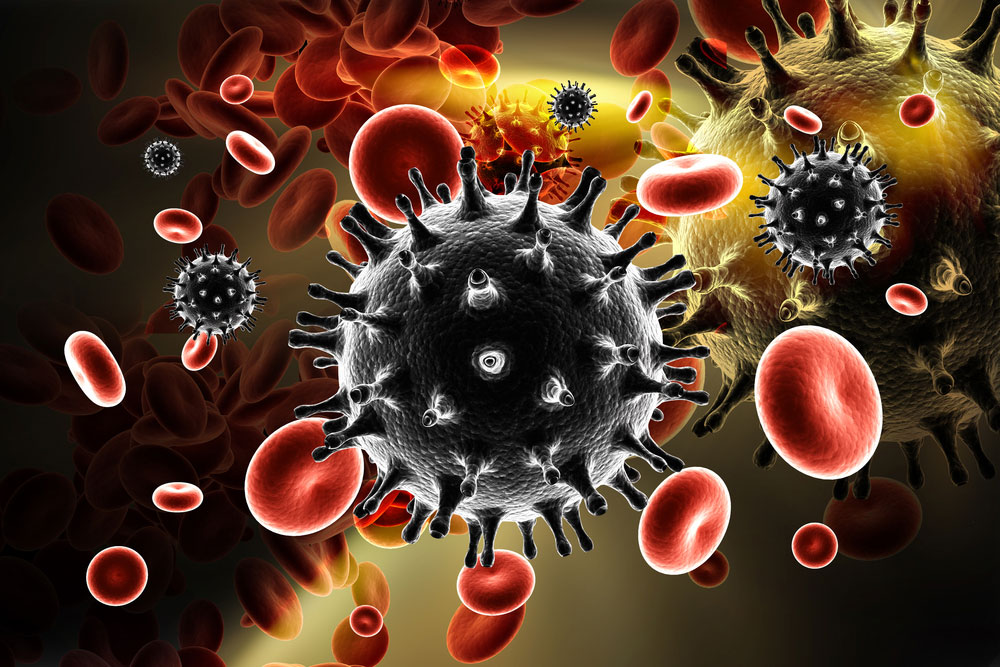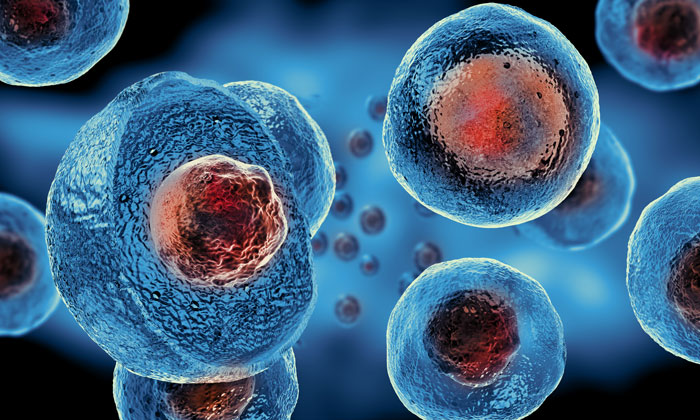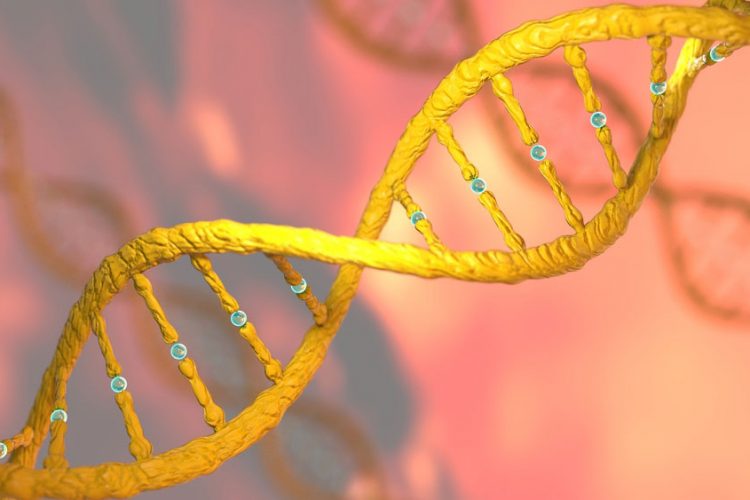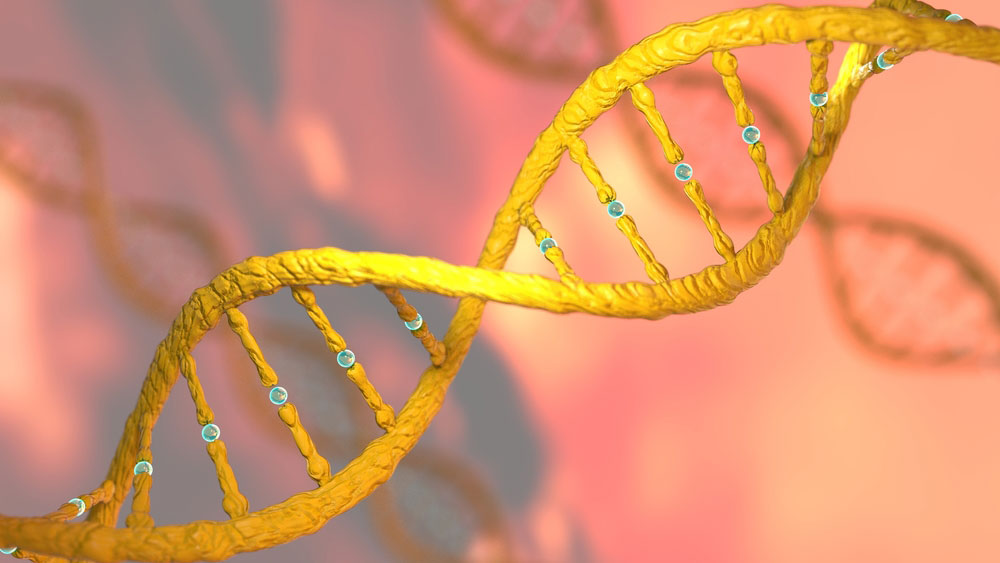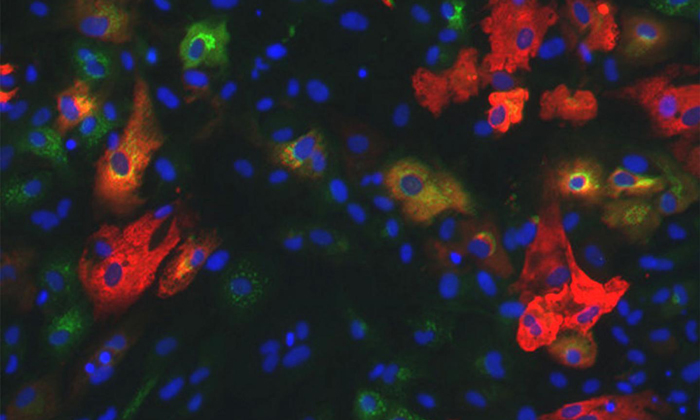List view / Grid view
Genome Editing
CRISPR-Cas9 used to correct sickle cell–causing mutation
Genome editing using the CRISPR-Cas9 system has tremendous promise for therapeutic correction of genetic errors in human cells...
PNA gene editing technique cures beta-thalassemia in utero
Researchers have for the first time used a gene editing technique to successfully cure a genetic condition in a mouse model...
CRISPR technology can correct Alpha-1 antitrypsin deficiency
Groundbreaking research demonstrates proof-of-concept for using CRISPR-Cas9 genome editing technology to correct the gene mutation responsible for AAT deficiency...
CRISPR-Cas9 tool could increase cancer risk
Therapeutic use of gene editing with the so-called CRISPR-Cas9 technique may inadvertently increase the risk of cancer...
ISSCR 2018 to highlight research driving new discoveries and advances in regenerative medicine
Progress in stem cell research and its translation to medicine is the focus of the International Society for Stem Cell Research annual meeting 20-23 June at the Melbourne Convention & Exhibition Centre in Melbourne, Australia.
APOE4 gene variant linked to Alzheimer’s
A study reveals why people with the APOE4 gene have a higher risk of the disease...
CRISPR approach could limit toxicity of CAR-T therapy in AML
New study uses CRISPR/Cas9 to make CD33 CAR T cells cancer-specific...
RNA-modifying tool corrects genetic diseases
Researchers have developed a small-molecule-based tool that acts on RNA to selectively delete certain gene products...
CRISPR used to destroy the regulatory genes of HIV
By destroying the regulatory genes of the AIDS virus HIV-1 using the genome editing system CRISPR/Cas9, researchers have succeeded in blocking the production of HIV-1 by infected cells...
Scientists generate an atlas of the human genome using stem cells
Scientists have generated an atlas of the human genome using a state-of-the-art gene editing technology and human embryonic stem cells, illuminating the roles that our genes play in health and disease.
Application note: CRISPR/Cas9 genome-edited cells express nanoBRET-donor that monitors protein interaction and trafficking
In this application note, BMG Labtech discuss how the Bioluminescence resonance energy transfer (BRET) is a versatile tool to study interactions and trafficking in proteins.
CRISPR helps find new genetic suspects behind ALS/FTD
Study provides a roadmap for using CRISPR to investigate neurological disorders...
NIH to launch genome editing research program
Somatic Cell Genome Editing aims to develop tools for safe and effective genome editing in humans...
Super-silenced DNA study hints at new ways to reprogram cells
Newly described stretches of super-silenced DNA reveal a fresh approach to reprogram cell identity.






